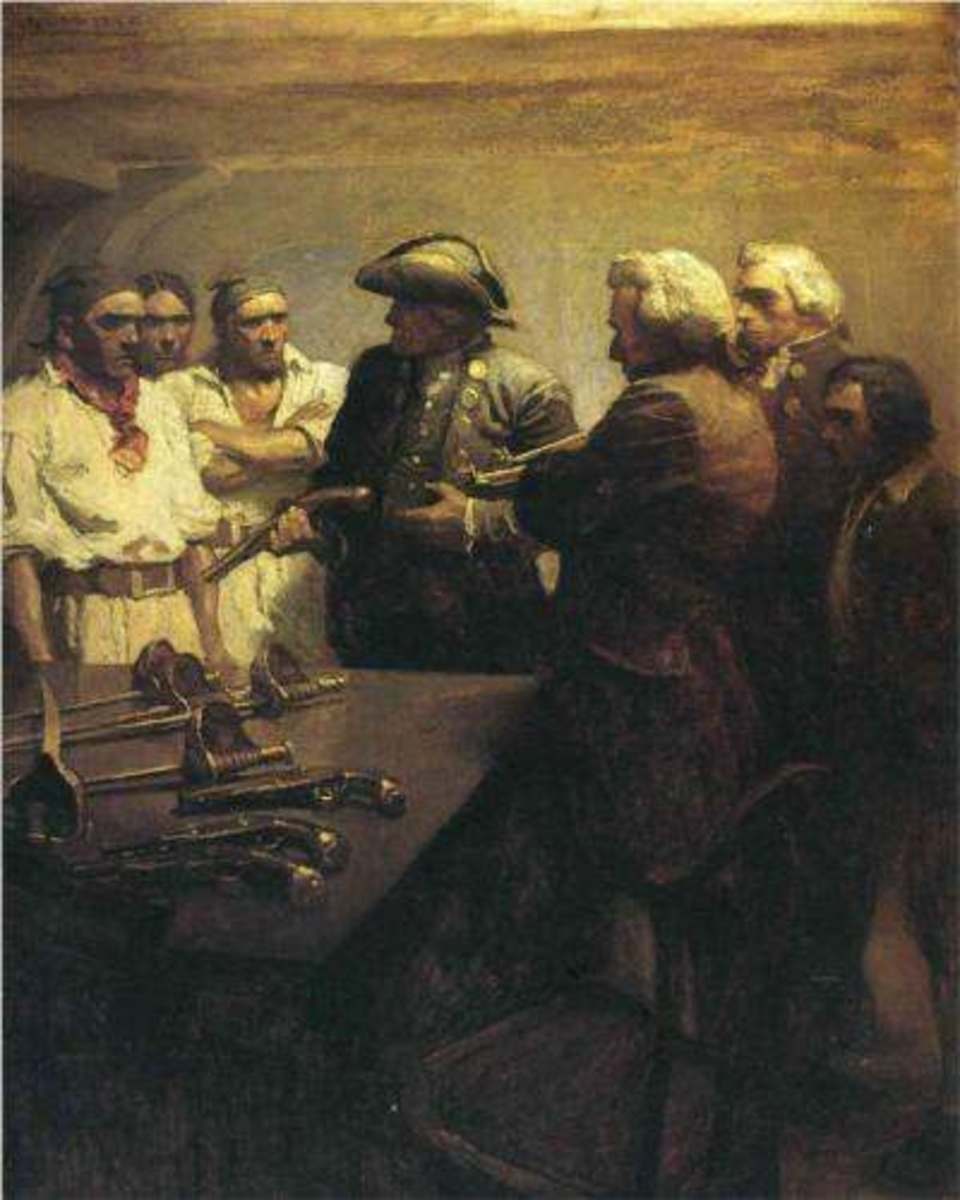Integrity in Storytelling: A Discussion

I want to say a brief word about what I call "integrity" in storytelling.
I will mostly be talking about film. However, as the need arises, I may touch on a novel or two.
Now, as you know, "integrity" is not necessarily the same thing as "honesty." They are similar and overlap, but they are not the same.
I do not require honesty in storytelling. It's nice, I suppose, but I do not require it.
Integrity, in my opinion, is a much more desirable quality for a story to be suffused with. An integrity-suffused story tends to be sharper, more powerful, and more interesting.
However, there are times when too much integrity might render a story (for our purposes mostly movies) boring.
Right here, Right now is where I make myself clear as to what I mean by "integrity."
Aquaman (2018) is a fun movie. But it is a not-quite coherent movie. Its incoherence makes it fun; and its incoherence is derived from convenient lapses of integrity of the film.
I talked about this, at length, in my review of the film. I also suggested a way in which the film's script could have been rewritten to bolster its integrity. However, upon reflection, I suppose it is probable that my alternative would not have come across as suitably cinematic. It would, perhaps, be more suitable for novelization.
The Da Vinci Code
It's true: I just can't leave Dan Brown's Da Vinci Code alone!
Before I get into that, let me define "integrity" in storytelling.
For me, integrity in storytelling occurs when an author follows the implications of his central thesis to the end, so that it (the central thesis) has dramatic consequence.
Although Dan Brown is a fine writer, Da Vinci Code was a misfire.
It was a misfire because it is boring.
It is boring because it lacks integrity.
It lacks integrity because its central thesis has no dramatic consequence.
This is precisely why the story shrugs off its central thesis and effectively says: Yeah, never mind about the whole thing.
Spoiler alert, if you have neither read the novel or seen the movie
The central thesis of Da Vinci Code is that Jesus was not a god (or "son" of God) but a man. He was a man who had sex with Mary, who was not his mother but his wife. And as a result of their cohabitation, children were brought forth into the world.
This union was a union of royal/noble lineages. Mary, with her children, made her way into France, after the death of Jesus. And it seems that her children intermarried with French royalty.
Once this information is revealed to us, as readers or viewers of the film, a natural question that arises is: So what?
Unfortunately, Da Vinci Code answers this inquiry with: Nothing.
There is no dramatic consequence of this supposedly explosive information.
In my "supplemental discussion" about Da Vinci Code I suggested a way that the story could have been rewritten to fulfill my criteria of "integrity," which would have given a more interesting story.
My suggested alternative would have been more interesting and integrity-suffused because the central thesis would have been given dramatic consequence.
Soylent Green (1973)
In my review I called that film a crushing bore!
It is a crushing bore because it has no idea where it is going and how it is going to get there.
It has no idea where it is going and how it is going to get there because --- its central thesis (that "Soylent Green is people.") has no dramatic consequence. The film ends with Charlton Heston being strapped down on to a gurney, gibbering into the night air that "Soylent Green is people."
On the other hand, the John Carpenter film, They Live (1988) is not a crushing bore.
It is not what I would call the most exciting of action pictures, but it is not a crushing bore.
It is not a crushing bore because it does know where it is going and how it is going to get there. Its central thesis (that "aliens are among us") has dramatic consequence; its central thesis is revealed in a dramatically impactful way.
The Invasion of the Body Snatchers Films
I recently reviewed a film noir picture called The Big Combo (1955).
That film turned out to be a crushing disappointment for me. As I said in my review, that movie was on its way, for the first 70 minutes or so, to becoming a Great Picture --- capital G, capital P; however, the powers-that-be, apparently wanted the film to come in under 90 minutes.
As I said in my review, the result of this was an ending that was obviously forced, cramped, and rushed. This travesty of an ending sapped the film of all narrative and dramatic integrity; most disappointingly of all, it invalidated the film's most interesting character, Mr. Brown (played with such style by Richard Conte).
Now, the Invasion of the Body Snatcher films offer an interesting case study
These are good films. The 1978 remake is a little better, in my opinion.
The central thesis is a little more interesting than "aliens are among us."
The central thesis is: "Aliens are among us and trying to become us, or become One with Us."
Because of the relatively increased complexity of that central thesis, complete dramatic integrity would, understandably, be hard to come by. However, these films do have dramatic anticipation.
I would imagine that actual dramatic integrity, in the case of Invasion of the Body Snatchers, could only be fully realized through novelization.
Last Thing
The 2001 release of Planet of the Apes (starring Mark Wahlberg) opened to a mixed reception, but I enjoyed it.
If the Invasion of the Body Snatcher films give us dramatic anticipation with integrity intact, Planet of the Apes (2001) gives us quite the opposite, dramatic dread, thereby sapping the film of integrity.
However, in this case, similar to Aquaman (2018), the integrity-free ending of Planet of the Apes (2001) is more fun than an ending that would have preserved integrity.
What in Sam Hill am I talking about?
Well, the initial ending of the film had the new leader ape decreeing that all the dead would be given a burial of equal social status, be they ape or human.
This ending suggests that apes and humans would go forth, hand-in-hand, to a bright future of peace and harmony, and so on and so forth.
However, the final ending we got suggests that, after that supposedly pivotal event, the apes must have committed a genocide against the human population.
That genocide must have been so thorough that, centuries later in time, when Mark Wahlberg returns to Earth, he is an object of astonishing general curiosity... almost as if the apes in that future time had never even seen such a being as Mark Wahlberg.
But all of that Ape Lincoln stuff was a whole lot more fun.
Thank you for reading!








